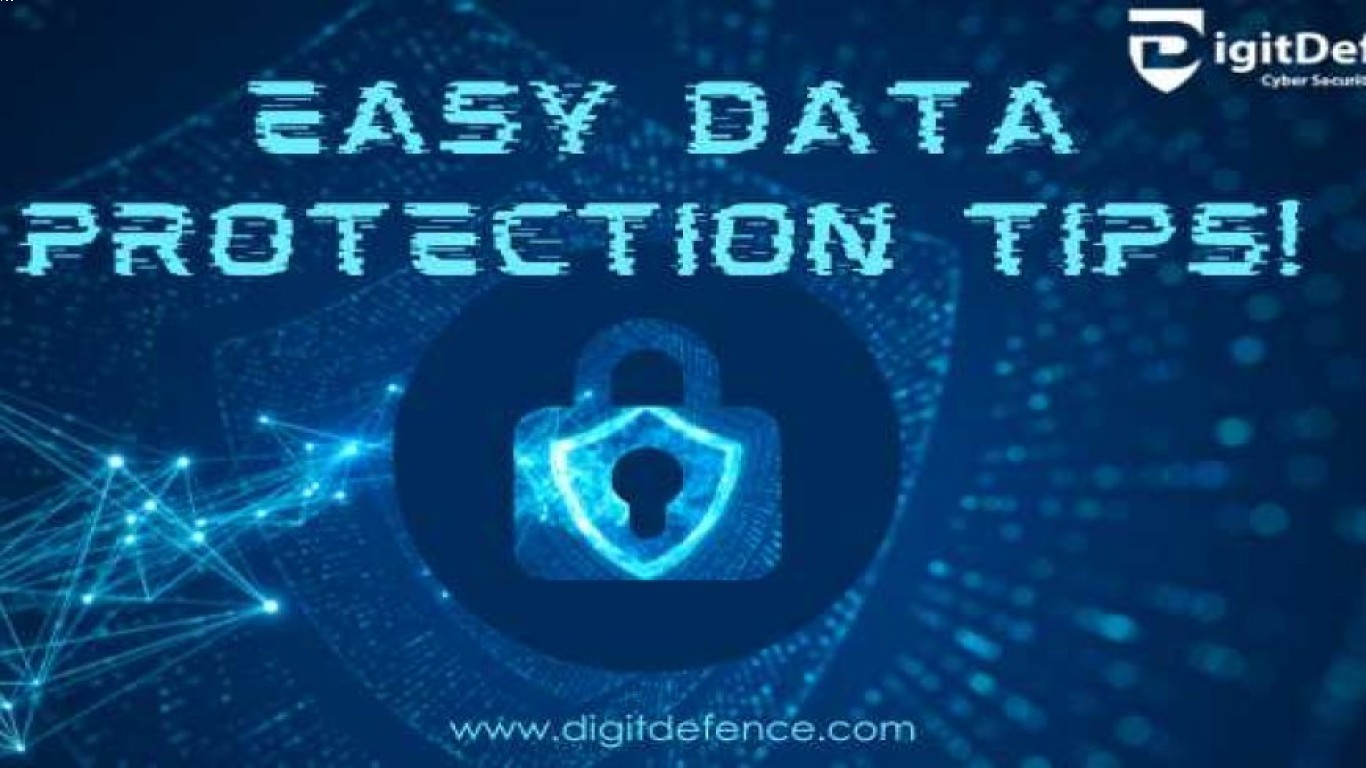VPS Security Tips to Protect Your Data
VPS Security Tips to Protect Your Data
Hey guys! We're diving into something super important today—keeping your VPS (Virtual Private Server) secure. With loads of data breaches happening left, right, and center, securing your data has never been more crucial. If you're a webmaster, blogger, or run a small business, ensuring your VPS is locked down is key. So, buckle up, and let's delve into some top-notch VPS security tips that'll safeguard your data like a pro.
Understanding the Basics of VPS Security
First things first, why is securing a VPS so important? Well, a VPS offers you dedicated resources on a server that's shared among several users. It's an affordable and flexible hosting option, but it comes with its own set of security challenges. Your data can be at risk from hackers, data loss, or even service downtimes. So, understanding the basics of VPS security is the foundation we need to build on. When you're aware of potential vulnerabilities, you're in a better position to mitigate risks.
1. Keep Your Server Software Up-to-Date
One of the simplest yet most effective ways to keep your VPS secure is by ensuring that all your server's software is up-to-date. Outdated software often contains vulnerabilities that can be exploited by hackers. Therefore, regularly updating your server not only enhances its security but also ensures you benefit from the latest features and performance improvements.
Here's how you can do it:
- Regularly Check for Updates: Set up regular checks for updates on your operating system and any installed applications or services.
- Automate Updates: Where possible, automate these updates to ensure you're always running the latest versions without manual intervention.
2. Use Strong Passwords and SSH Authentication
Passwords are your first line of defense. If they're weak or easily guessable, it's like leaving your front door wide open for intruders. Here's what you should do:
- Use a Strong Password Policy: Ensure that all passwords are at least 12 characters long, combining uppercase and lowercase letters, numbers, and symbols.
- Implement SSH Key Authentication: Instead of relying solely on passwords, use SSH key authentication. It adds an extra layer of security, making unauthorized access much more difficult.
3. Configure a Robust Firewall
A firewall acts as a gatekeeper, monitoring and controlling incoming and outgoing traffic based on predetermined security rules. Your VPS should have:
- Basic Firewall Functions: At the very least, use iptables (for Linux systems) or a similar tool to set up a basic firewall.
- Advanced Firewall Solutions: Consider using advanced firewall solutions or managed services like Cloudflare for added protection against DDoS attacks and other threats.
4. Regular Backups are Essential
No system is entirely secure, so regular backups are essential to ensure that your data can be recovered in the event of a breach or data loss. Here's what to keep in mind:
- Automate Your Backups: Manual backups are prone to human error. Automate your backup processes to ensure they happen regularly without fail.
- Offsite Backups: Keep copies of these backups offsite or on a different server to prevent data loss in the event of a physical server failure.
5. Monitor Server Logs and Traffic
Keeping an eye on server logs and traffic can give you insight into any unusual activities. Monitoring helps in:
- Identifying Unauthorized Access Attempts: Quickly identifying and responding to unauthorized access attempts can prevent potential breaches.
- Understanding Traffic Patterns: Understanding where your traffic is coming from can help you filter out malicious sources.
6. Use SSL Certificates
SSL certificates encrypt data transferred between your server and the user. It's a must-have for:
- Securing Data Transmission: SSL ensures data integrity and confidentiality.
- Enhancing User Trust: Visitors are more likely to trust your website if they see it uses HTTPS.
7. Implement Security Plugins and Tools
There are numerous tools and plugins available designed to bolster VPS security:
- Intrusion Detection Systems (IDS): Tools like Fail2ban can automatically block suspicious IP addresses based on failed login attempts.
- Security Plugins: If you're using platforms like WordPress, consider adding security plugins to protect against common vulnerabilities.
Conclusion
Securing your VPS isn't something to take lightly, guys. With the right strategies, you can shield your data from a multitude of online threats. Keep your server software updated, implement strong passwords and SSH keys, configure a robust firewall, maintain regular backups, monitor your server logs, use SSL certificates, and leverage security tools to create a multi-layered security approach.
FAQs
Q: What is a VPS?
A: A VPS, or Virtual Private Server, provides you with dedicated server resources in a shared environment, offering a cost-effective and flexible hosting solution.
Q: Why are backups important on a VPS?
A: Backups ensure data can be recovered in case of a breach, data loss, or physical server failure, minimizing downtime.
Q: How does SSH key authentication improve security?
A: SSH key authentication provides a more secure method than passwords, involving a cryptographic key pair that is much harder for attackers to compromise.
Q: Is an SSL certificate really necessary?
A: Yes, an SSL certificate is necessary as it encrypts data transfers and increases user trust through HTTPS, essential for securing information between the server and clients.
Q: How often should I update my server software?
A: Ideally, you should check for updates weekly, and if possible, automate the process to ensure everything is current and secure.
Stay safe out there, and keep those servers locked down tight!
#vpssecurity #datasafety #cybersecurity #vpsprotection #dataprivacy
